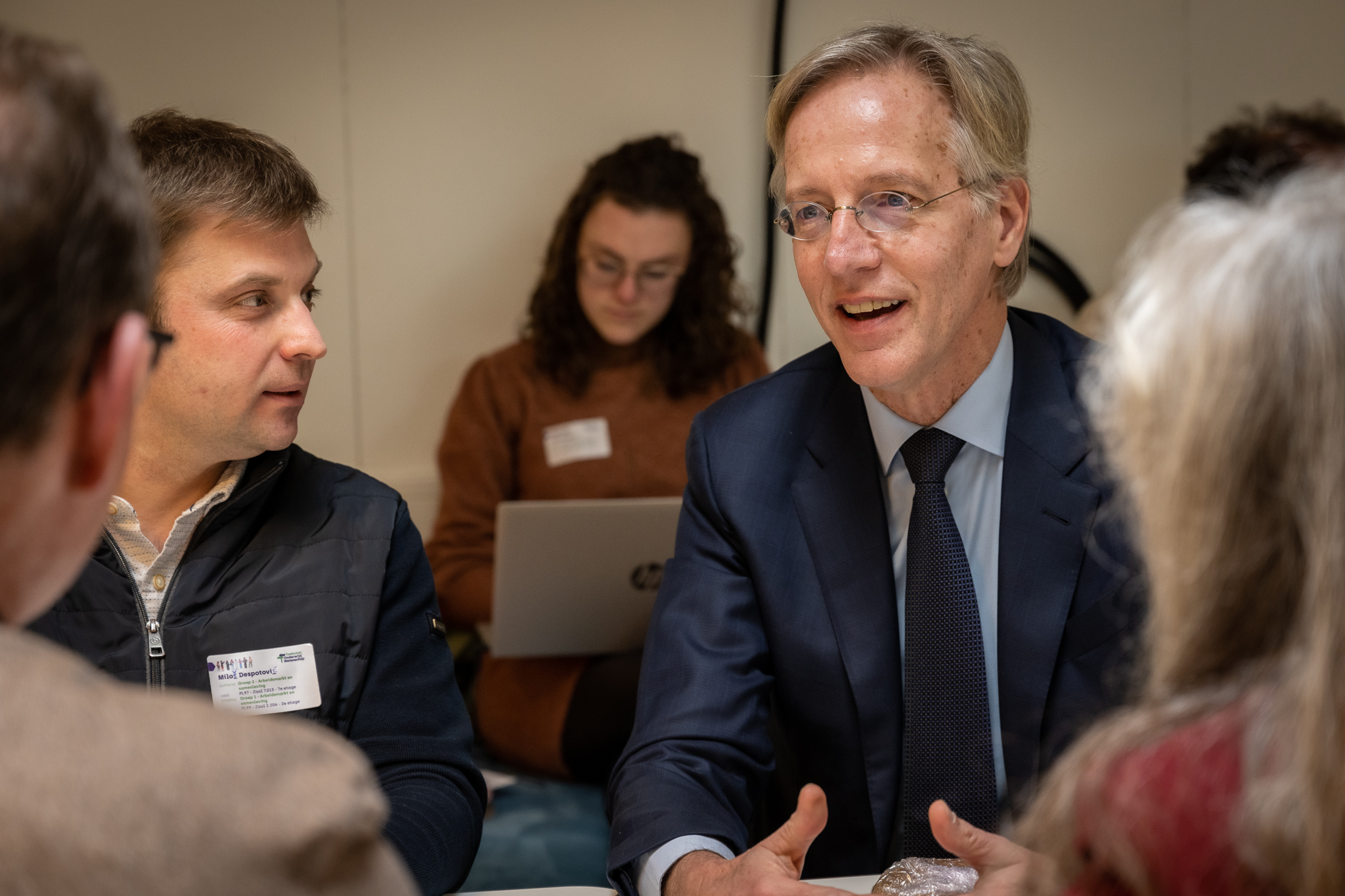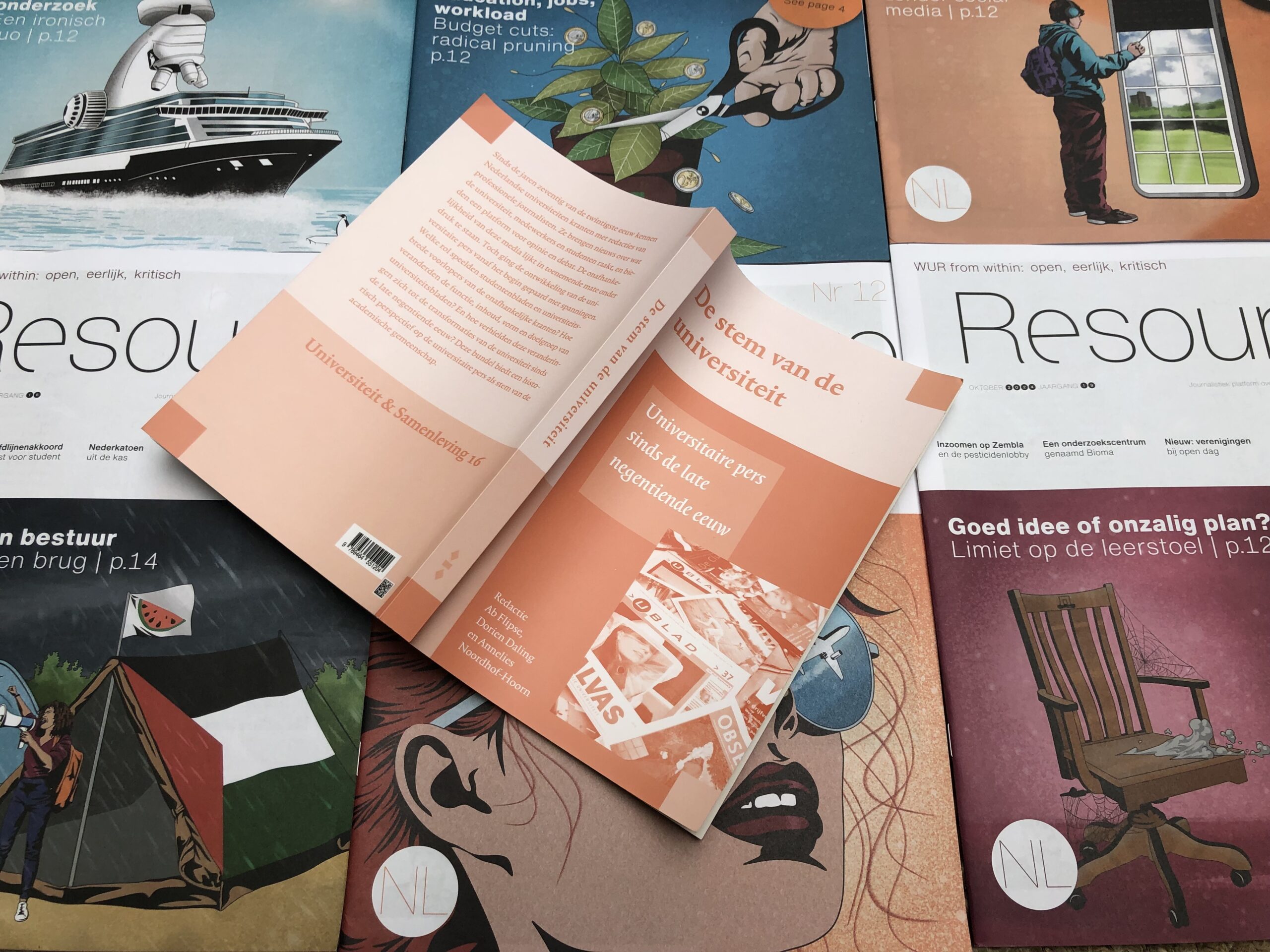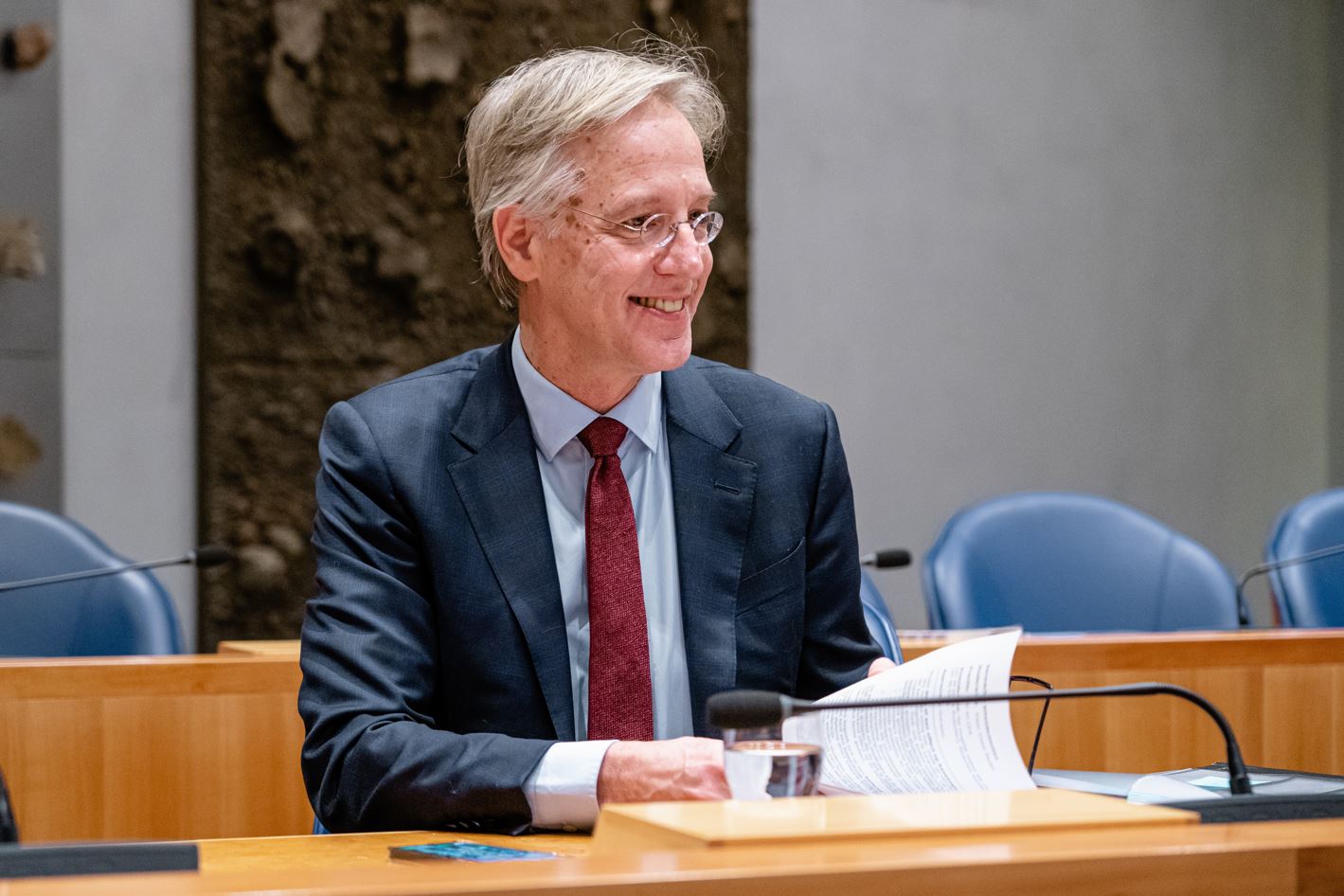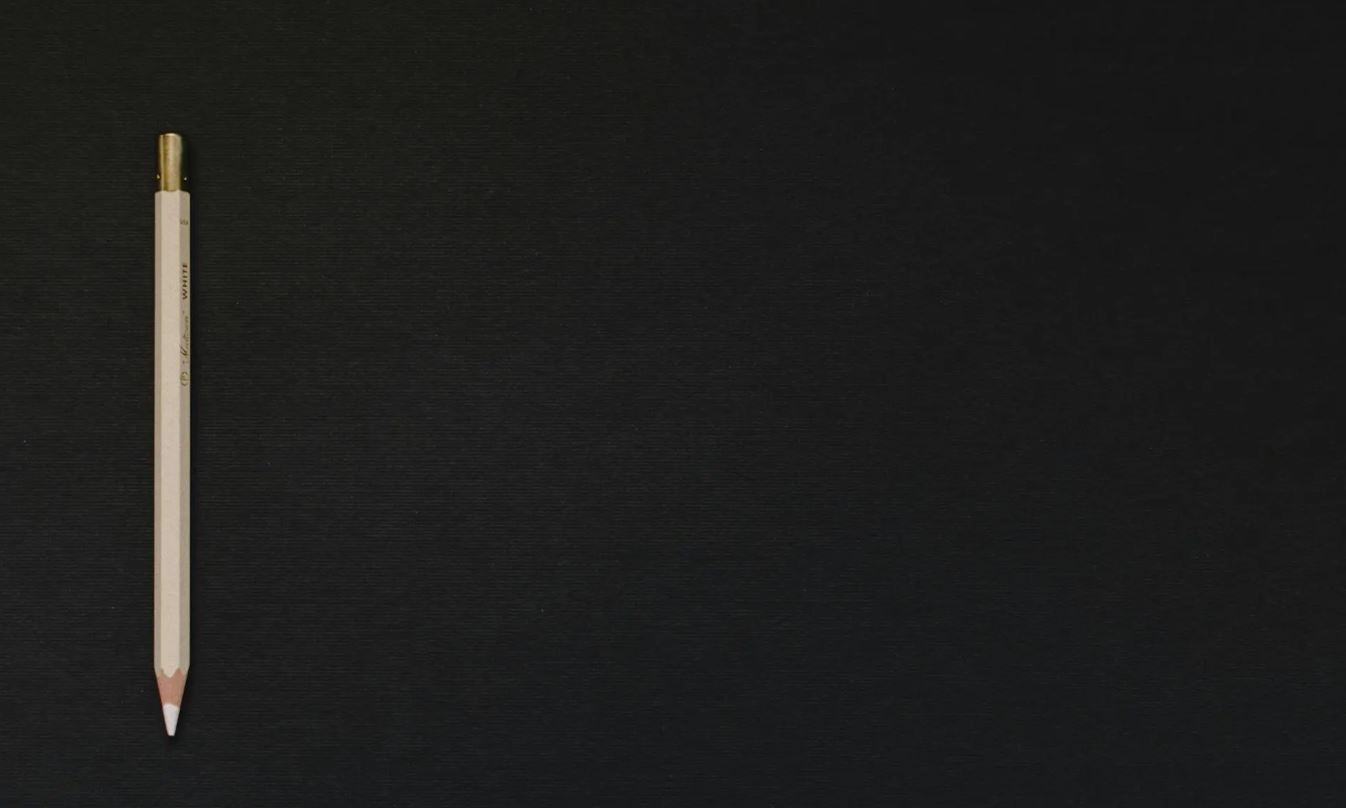In response to parliamentary questions on the conflict at TU Eindhoven’s news site Cursor, outgoing Minister Dijkgraaf stated that it is important for university and college media to be able to operate independently.
The editors of Cursor set their website to black in protest against the forced dismissal of their editor-in-chief at the beginning of October. The conflict arose as a result of an article on alleged conflicts of interest of the new rector magnificus of the TU Eindhoven (TU/e).
The board tried to block the publication of the piece in Cursor. The editorial council advised against publication. This pressure caused the editor-in-chief to retract the article. Despite this fact, he was relieved of his duties ‘effective immediately’.
The remaining editors protested. They demand a new, independent editorial council and a say in the appointment of a new editor-in-chief. Moreover, they want the editorial statute to be revised to safeguard Cursor’s independence better.
Whistleblower
The editor who wrote the article invoked the university’s whistleblower’s regulations. Her report has prompted the relevant Commission to investigate ‘the TU/e’s actions qualified as censorship and the sentiments among the Cursor editors that they are unable to perform their duties independently’, Minister Dijkgraaf responds to Parliamentary questions submitted by SP and GroenLinks.
Cursor’s journalistic independence is sufficiently safeguarded on paper, according to Dijkgraaf. However, he is unable to confirm that it is ‘fully guaranteed in practice, nor whether it is under threat.’ The Minister declines to comment on individual cases.
Concerning
He underscores that ‘journalistic independence of university media is of great value and that the fact that a magazine such as Cursor went black is undesirable.’ University media such as Cursor should offer a platform for articles that are critical of the organisation, he feels. ‘It would be very concerning if there is increasing pressure to refrain from publishing articles that are viewed as undesirable.’
‘Freedom of expression and freedom of press are prerequisites for academic freedom. Both scientists and journalists must be able to investigate freely and independently.’
Dijkgraaf currently sees ‘no need’ for an extensive investigation into restrictions of journalistic independence at other university media ‘at this time’, nor does he intend to discuss Cursor’s demands with the TU Eindhoven. ‘I feel that it is up to the Executive Board and the editors to discuss these demands among themselves.’
New perspective
According to interim editor-in-chief Roy op het Veld, these discussions are currently underway. ‘I am happy that the minister acknowledges that having an independent journalistic platform in an academic environment is very important.’
Following all the upheaval, he wants to focus on a new perspective for Cursor. That includes a new editorial plan and updating the editorial statute. As far as he is concerned, this should include the stipulation that the editor-in-chief is responsible for considerations pertaining to content.
Op het Veld also feels that at least one member of the editorial council should be a journalist. ‘A journalist knows the field and can provide the editorial council with feedback on journalistic decisions based on experience.’

 The universities want to keep control leading up to a legislative proposal from outgoing Minister Dijkgraaf. Photo OCW
The universities want to keep control leading up to a legislative proposal from outgoing Minister Dijkgraaf. Photo OCW 

